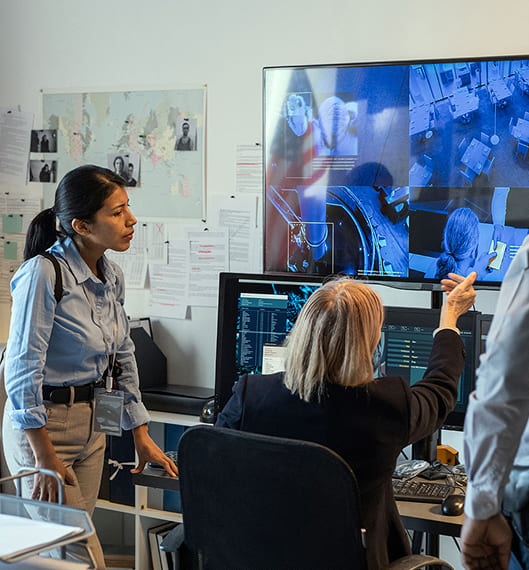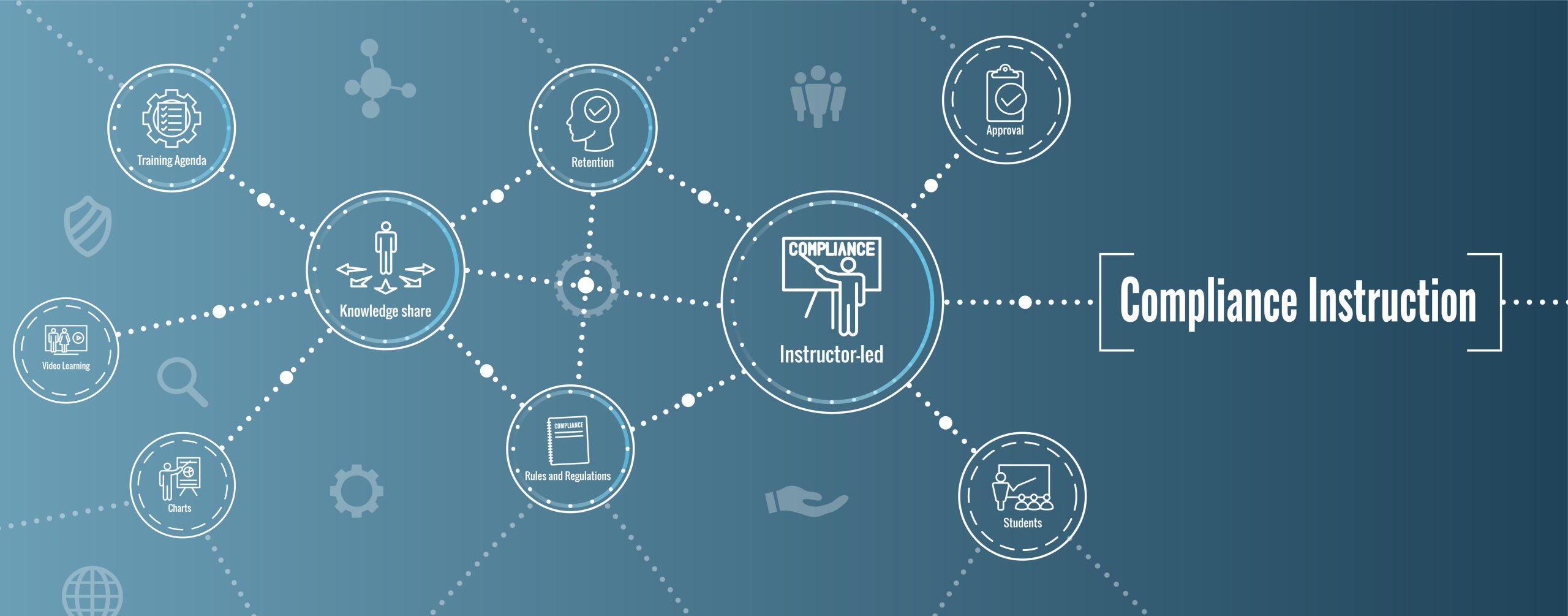eLearning Instructional Designer

Strategic Learning Design That Transforms Knowledge into Impact
Bilingual eLearning Solutions That Turn Learning into Measurable Results
At The Space of Agnes Elisa, eLearning Instructional Design is not just course development—it’s the art and science of transforming complex information into engaging, practical learning experiences that drive real-world performance. I specialize in designing bilingual learning solutions (English and Spanish) that are goal-oriented, user-friendly, and aligned with measurable outcomes.
With over 13 years of experience in instructional Design, digital training, and adult learning methodologies, I help businesses, educators, and institutions close knowledge gaps, onboard talent, and scale their learning strategies with confidence.


What Is Instructional Design and Why It Matters
Designing Learning Experiences That Engage, Educate, and Deliver Results
Instructional Design is the systematic process of analyzing learning needs and designing, developing, implementing, and evaluating educational experiences to meet those needs. In the digital space, this includes the creation of self-paced courses, microlearning, video scripts, assessments, and interactive modules, utilizing specialized tools and adult learning principles.
Instructional Design ensures that your learning content is not only informative but also accessible, engaging, and tailored to your learners—whether they’re employees, clients, students, or members of the general public.
What eLearning Instructional Design Can Help You Solve
As your Instructional Designer and Consultant, I help you address the following challenges:
Outdated or unengaging training materials that do not reflect your current processes or goals
Low learner engagement or poor knowledge retention in online programs
Complex topics that need to be simplified and structured for non-experts
Inconsistent onboarding or training delivery across teams, departments, or locations
Lack of clear metrics to evaluate learning effectiveness or ROI
Difficulty transitioning in-person workshops into online or hybrid formats
Need to scale learning globally across languages and cultures
My Experience in Instructional Design
I bring a potent blend of technical knowledge, learning science, and real-world application to every project I lead. With a background in intelligence, public service, and adult learning, I offer a cross-disciplinary perspective and tailor each course to the needs of the audience and the business.
My instructional design expertise includes:
Over 13 years designing digital training for government agencies, academic institutions, and corporate clients
Specialization in bilingual course development (English/Spanish)
Development of learning strategies aligned with business KPIs and compliance goals
Experience using leading tools: Articulate Rise, Storyline, Vyond, H5P, Camtasia, Synthesia, and more
Expert in writing measurable learning objectives, assessments, and scenario-based learning
Creator of microcourses, onboarding modules, job aids, video-based training, and compliance eLearning
Proven track record in improving learner engagement, retention, and application of knowledge on the job
Instructional Design Services Offered
My services can be customized based on your needs and include:
End-to-end course design (analysis, storyboard, development, and evaluation)
Articulate Rise and Storyline course creation
Compliance, onboarding, DEI, and technical training content
eLearning content localization (English/Spanish)
Curriculum development and learning needs analysis
Video scripts and AI-based video learning (Vyond, Synthesia)
SCORM-compliant modules and LMS-ready packages
Learning measurement frameworks and training evaluations


Who I Support
I work with organizations and professionals across a wide range of industries, including:
- Human resources and L&D departments
- Government agencies and training units
- Academic institutions and continuing education programs
- Nonprofits and NGOs
- Compliance and regulatory bodies
- Security, intelligence, and corporate risk teams need instructional solutions
What You Can Expect
When you work with me, you receive:

Clear learning strategies aligned with your business or organizational goals

High-quality, visually engaging, and accessible learning experiences

Professional instructional design documentation, including storyboards and scripts

Interactive, SCORM-compliant courses that can be hosted in any LMS

Transparent communication, attention to detail, and commitment to outcomes

Bilingual solutions are designed with cultural and linguistic sensitivity
Why Instructional Design Is a Strategic Business Asset
Effective instructional Design is more than content creation—it's a business solution. It enables your team to:
Improve employee performance and reduce error rates
Shorten onboarding time and improve knowledge transfer
Ensure compliance with industry regulations and standards
Increase engagement and satisfaction among learners
Support continuous learning and professional growth
Scale your training to global audiences with consistency
What You Receive
Here is an overview of the tools and ideas can you explore for your team with our srvices
Ready to Elevate Your Learning Strategy?
Transforming Training Programs into Lasting Organizational Impact
If you’re looking to launch, update, or scale your training programs, I offer instructional design solutions grounded in learning theory, real-world application, and creative innovation.
Let’s build something meaningful together. Contact me today to discuss your training goals, project needs, add social media links and booking.

Let's Connect
If you're seeking support in designing your next learning experience or need expert intelligence consulting for your organization, I invite you to reach out.
I offer tailored solutions that align with your goals and challenges, and I'm always ready to collaborate on projects that create meaningful impact.

Frequently Asked Questions
Find answers to common queries about academic research, teaching methodologies, and Agnes Elisa’s work in social justice and criminal justice.
What are the primary responsibilities of a Bilingual eLearning Instructional Designer?
A Bilingual eLearning Instructional Designer is responsible for creating compelling, engaging, and culturally appropriate eLearning content for diverse audiences. Duties include:
- Designing and developing eLearning courses using authoring tools like Articulate Storyline, Rise, or Adobe Captivate.
- Translating and localizing content for multilingual learners to ensure cultural and linguistic appropriateness.
- Collaborating with subject matter experts (SMEs) to gather and refine course content.
- Applying instructional design models like ADDIE or SAM to structure the learning process.
- Integrating multimedia elements like graphics, videos, and interactive activities to enhance learning.
What skills are essential for a Bilingual eLearning Instructional Designer?
Key skills include:
- Instructional Design Expertise: Proficiency in designing engaging, learner-centered content.
- Technical Skills: Familiarity with eLearning tools and Learning Management Systems (LMS).
- Bilingual Proficiency: Fluency in two or more languages to ensure accurate translation and cultural relevance.
- Collaboration: Ability to work with SMEs, developers, and stakeholders.
- Problem-Solving: Adapting designs to address unique learner needs and project constraints.
What is the typical process for creating an eLearning course?
The process often follows the ADDIE model:
- Analysis: Identify the learners’ needs, objectives, and content requirements.
- Design: Develop a blueprint, including learning objectives, activities, and assessments.
- Development: Build the course using eLearning tools, incorporating multimedia and interactivity.
- Implementation: Upload the course to an LMS or platform and ensure it functions properly.
- Evaluation: Collect learner feedback and analytics to improve the course.
How does being bilingual enhance an eLearning Instructional Designer's effectiveness?
Being bilingual enables designers to:
- Create inclusive and culturally sensitive content for a global audience.
- Translate and localize training materials while maintaining instructional integrity.
- Communicate effectively with multilingual teams and stakeholders.
- Adapt designs to address linguistic nuances and cultural differences, ensuring relevance and engagement for all learners.
What challenges do Bilingual eLearning Instructional Designers face, and how can they overcome them?
Challenges include:
- Maintaining Consistency Across Languages: Ensuring the same quality and instructional intent in all translations.
- Solution: Use translation memory tools and collaborate with professional linguists.
- Cultural Differences: Adapting content to suit the cultural context of learners.
- Solution: Research and include culturally relevant examples and scenarios.
- Technology Limitations: Navigating LMS restrictions or tool compatibility issues.
- Solution: Test content on various platforms and devices to ensure accessibility.


Insights from Agnes Elisa
Explore thought-provoking articles on education, e-learning, social justice, and more

The Hidden Risks Inside Poorly Translated eLearning Courses: A Guide for Compliance Teams
Why Bilingual Compliance Training Fails—and How Instructional Intelligence Prevents Risk

